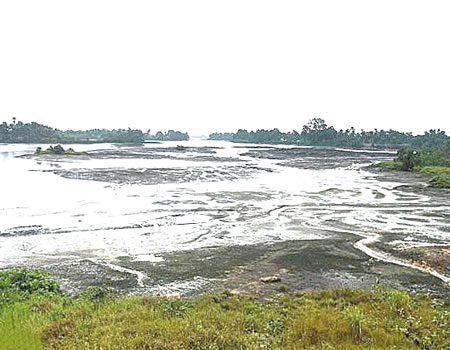In a statement, posted over the weekend on the website, ndnewvision.gov.ng, the team gave a breakdown of its activities.
The activities included training of graduates from Ogoni who studied Environmental Sciences to build their capacity for the remediation work; provision of potable water; preliminary data collection towards implementation of UNEP Recommendation on Health Impact Study.
Other activities included community sensitisation and the demonstration of remediation technologies.
According to the statement, “During the process, HYPREP carried out sampling activities at some selected polluted sites across the four local government areas of Ogoniland for the demonstration of remediation technologies by interested companies. Seven companies have completed their demonstration works on sizeable delineated work areas at five sites, three have recently been deployed while more are scheduled for mobilization to other allocated sites.
“The reason for carrying out the demonstration of remediation technologies is to find the most suitable technology for the Ogoni environment as recommended in the UNEP report and competence of the companies. HYPREP will not approve the use of Remediation Enhanced Natural Attenuation (RENA) which will cause harm to the environment.”
The statement added that the “Project Coordination Office had received some international institutions within this period that have pledged their support to the success of the project. Foreign Government Development Agencies such as DFID, EU Delegation to Nigeria/ECOWAS, USTDA, the United Nations System (UNEP, UNOPS, UNITAR) are in collaboration with HYPREP to develop and implement a comprehensive remediation of the environment and restoration of livelihood strategy in Ogoniland.”
The team added that it was taking measures to prevent further pollution from taking place. “To contain re-pollution is pivotal to the success of the Ogoni Clean-up project and that necessitated our meetings with ex-artisanal refiners to educate them on the dangers of their activities to health, the environment and the economy. The ex-refiners are to come up with areas they would be trained to acquire alternative skills so that they do not continue with illegal refining.”






